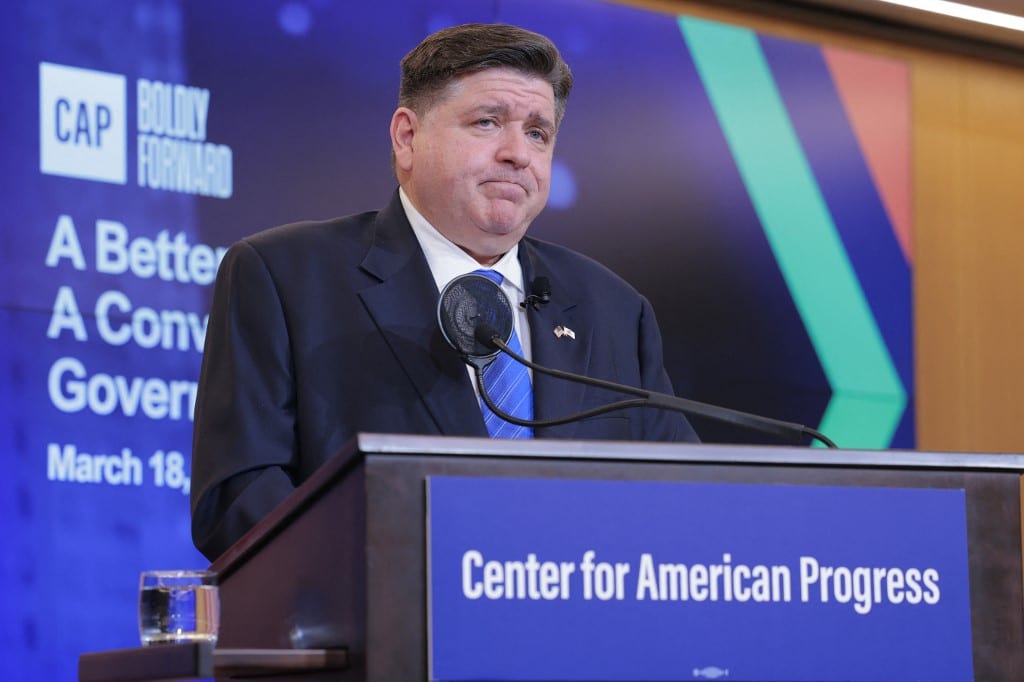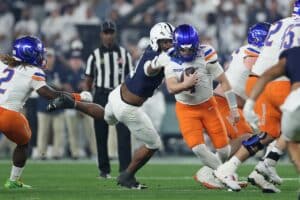
Sportsbooks are seeing their profit margins decrease, as several states have increased the tax rate on their revenues, with Illinois being the latest to do so.
Cost of Business Increases
Sportsbooks appear to be a favorite target of legislatures throughout the nation, as they have been at the forefront of a discussion about paying more to the states in which they operate. Illinois is the latest to bring down the hammer, as it was recently announced that an increase on the sportsbooks’ revenues would be effective July 1st and would include a tax of 25 cents per wager for the first 20 million bets taken in Illinois and then 50 cents per wager after that.
The tax increase follows a hike imposed last year that moved the needle from a 15% base tax to a tiered tax of 20% on annual revenue below $30 million, 25% for revenue up to $50 million, 30% for up to $100 million, 35% for up to $200 million, and 40% for more than $200 million.
At the time, Citizens JMP Securities analyst Jordan Bender wrote, “The graduated structure [in Illinois] changes that equation where the top companies can’t structurally gain a strategic foothold in tougher regulatory environments, creating a more even playing field when it comes to the tax environment. In terms of market size, we would expect growth to be impaired by the lack of investment.”
Major Players Affected the Most
The tiered system hurts the major players like DraftKings and FanDuel, which control approximately 75% of the nation’s market, and gives the smaller companies more of a tax break by comparison.
Despite blowback from the mobile sportsbooks and the trade industry mouthpieces, the new tax will be imposed in just a few weeks from now, with some surmising the sportsbooks will pass the increase along to their customers, which will manifest in fewer bonuses, less generous odds, and point spreads.
After being alerted to the new tax, Bender wrote, “This comes one year after the state changed the sports betting tax rate from 15% to a progressive rate, also in an effort to disproportionately hurt the top two companies in the sports betting industry, with 75% combined market share in Illinois.”
As Bender noted, the new tax will hit the duopoly of FanDuel and DraftKings the hardest, with the former expected to be adversely impacted by $86 million, while the latter is expected to suffer a $79 million loss on gross revenues.
“The mid-tier operators will have less than a $5M impact each based on our assumptions, which we believe can be nearly offset with mitigation efforts given the smaller dollar impact on the business,” Bender wrote.
Illinois Gov. J.B. Pritzker has indicated he will sign the current budget proposal and the tax increase when it reaches his desk. “Even in the face of Trump and Congressional Republicans stalling the national economy, our state budget delivers for working families without raising their taxes while protecting the progress we are making for our long-term fiscal health,” he said in a statement, the Sun-Times reported.






